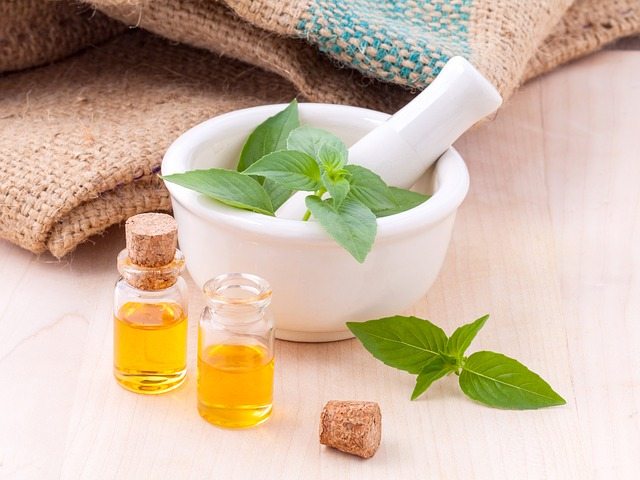
If you are a health-conscious individual who exercises regularly, avoids foods that are terrible for you, and pays attention to the latest developments in the world of dietary supplements, you have almost certainly heard of resveratrol.
Resveratrol, a natural antioxidant found in grapes (and thus wine), peanuts, dark chocolate, tea leaves, and certain berries, has been shown to possess a wide variety of anti-aging and anti-inflammatory health benefits. Even more important, resveratrol helps reduce the instances and severity of heart attacks, strokes, Alzheimer’s disease, liver disease, Parkinson’s disease, and multiple sclerosis.
Resveratrol’s antioxidant properties prevent free radicals — which cause cell and tissue damage — from forming, and its discovery motivated numerous health care professionals to recommend drinking a glass of wine per day to promote heart health.
It truly is a wonder supplement.
Recently, however, researchers at UCLA have published the results of a study that indicates resveratrol not only helps keep you healthy, but can also make you look better, too.
How Resveratrol Face Cream Helps Fight Acne
For decades, researchers have known that resveratrol provided skin benefits. In 1997, a series of trials found that resveratrol applied to the skin of subject mice led to a 98-percent reduction in the instance of skin tumors.
The new UCLA study showed that resveratrol helps control acne blemish outbreaks, the scourge of adolescents — and many frustrated adults — as well.
Dermatologist Dr. Emma Taylor, assistant clinical professor of medicine at UCLA’s David Geffen School of Medicine, explains in the UCLA Newsroom: “This study demonstrates that combining an oxidant and an antioxidant may enhance each other and help sustain bacteria-fighting activity over a longer period of time.”
What Dr. Taylor and her team discovered was that benzoyl peroxide, a common acne fighting medication, successfully eliminated acne-causing bacteria and reduced the occurrence of skin outbreaks. However, the effectiveness of the treatment was only temporary. Bacteria began to breed again within 24 hours.
When treating the affected areas with resveratrol, Dr. Taylor’s team observed that, although the supplement did not possess bactericidal properties — i.e. it did not destroy existing bacteria — resveratrol did slow the growth of the bacteria and delay its return.
The results ran contrary to expectations and left the researchers surprised. “We initially thought that since the actions of the two compounds are opposing, the combination should cancel the other out, but they didn’t,” said Dr. Taylor.
In other words, by using the supplement together with common acne cream benzoyl peroxide, the team improved the drug’s ability to kill and halt recurrence of acne-causing bacteria. The findings could result in new and more effective treatments.
Resveratrol Face Cream
Numerous companies already offer resveratrol skin cream, and some treatments are even more direct: Spas like Les Sources de Caudalie in Martillac, France and Aire Ancient Baths in New York offer baths filled with red wine. The big difference is instead of taking supplements or drinking your way to youth, these resveratrol treatments enter the body through the tissue of your skin.
If you prefer to make your own resveratrol skin cream, the process is quite simple. All you need is half a teaspoon of Mega Resveratrol brand 99% pure micronized trans-resveratrol powder, mixed with half a teaspoon pure alcohol to dissolve it in. Add the mixture to your preferred brand of facial cream such as Alpha Hydrox, Retinol, or Olay, and apply.
The benefits of resveratrol face cream should not come as a surprise to anyone who has followed research on the supplement. It has, for years, shown itself to have any number of health benefits and to be an effective treatment for a myriad of ills.
Now it has proven effective at fighting acne. The latest discoveries reaffirm that resveratrol really is a “wonder supplement.”

